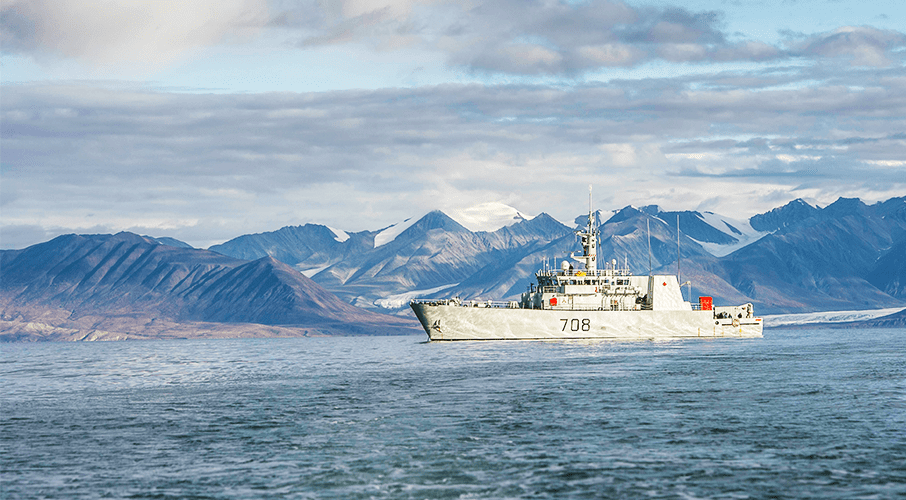This article originally appeared in the Calgary Herald.
By Rob Huebert, July 5, 2024
One of the most important outcomes of Prime Minister Justin Trudeau meeting with his Nordic counterparts in Iceland is a call for an ongoing security dialogue. The Nordic states take national security seriously. Canada should be a key element of their vision of Arctic security but, instead, we have become increasingly irrelevant.
Since Russia first invaded Ukraine in 2014, every Nordic state has moved to strengthen their defence capabilities, bolstering their co-operation as a region and reinforcing their military relationship with the U.S. In contrast, Canada tried to pretend that Russia’s 2014 attack did not affect Arctic security. The government talked about buying new equipment and modernizing Norad, but did nothing until after Russia attacked Ukraine for a second time, in 2022.
The Nordics understood the true dangers of the 2014 invasion and have taken significant steps to improve military co-ordination. They have built a “Northern NATO within NATO” with full American participation. Built on the foundations of a 2009 defence agreement called Nordic Defence Cooperation (NORDEFCO) — between Norway, Denmark, Iceland, Finland and Sweden — the plan was created to allow better defence integration between the three Nordic NATO states with Finland and Sweden. More significantly, the Nordic nations are also moving toward a shared aerospace system similar to the North American NORAD model.
Canada has remained oblivious to these developments. The NORDEFCO memorandum of understanding allows for non-signatory states to participate in its activities, leading to a significant strengthening of bilateral defence relations with the U.S. Since 2016, each of the Nordic alliance members has engaged with the Americans. The U.S. air force was allowed to conduct bilateral exercises from airbases in Sweden and Finland even before they applied for NATO membership. U.S. nuclear-powered submarines are allowed to operate from bases in Norway. The USAF returned to Iceland in 2016. Denmark and Greenland have been working with the Pentagon to enlarge the USAF presence in Pituffik Space Base (formerly Thule). In addition, Norway, Finland and Denmark all moved quickly to purchase F-35 fighter jets, further increasing their interoperability with the Americans.
The Nordic states have also increased and enlarged the military exercises they have held since 2014. Norway’s Cold Response exercises, begun in 2006, have grown in both scope and commitment to include many other NATO nations along with Sweden and Finland.
By ensuring the direct participation of the U.S., the Nordics have created a great deal more northern security with NATO.
Canada often claims a northern and/or Arctic heritage and says it is a good ally. But it sends limited forces to their large-scale exercises. It did provide F-18s to patrol Icelandic airspace on a rotational basis and Canadian ships have also participated with the Nordic states in anti-submarine exercises (Dynamic Mongoose Exercises). But these are the exception.
Canadians ought to ask why the recent Iceland conference was the first time Trudeau has met with his Nordic counterparts to discuss security. Or why Canada has been reluctant to join in security discussions that take place under NORDEFCO. Or why Canada has not been talking with Greenland, Denmark and the U.S. about ensuring NORAD is able to properly detect and respond to new aerospace threats. Why has Canada been unwilling to send significant elements of its forces to exercise with the Nordics? Do we really believe that their security concerns are not ours — that our Arctic is more secure than the European Arctic?
Canada has ignored the security efforts of our Nordic allies. Hopefully, the new commitment to have an ongoing security dialogue will change this. Nordic security is our security.
Rob Huebert is a senior fellow at the Macdonald-Laurier Institute and professor of political science at the University of Calgary.






